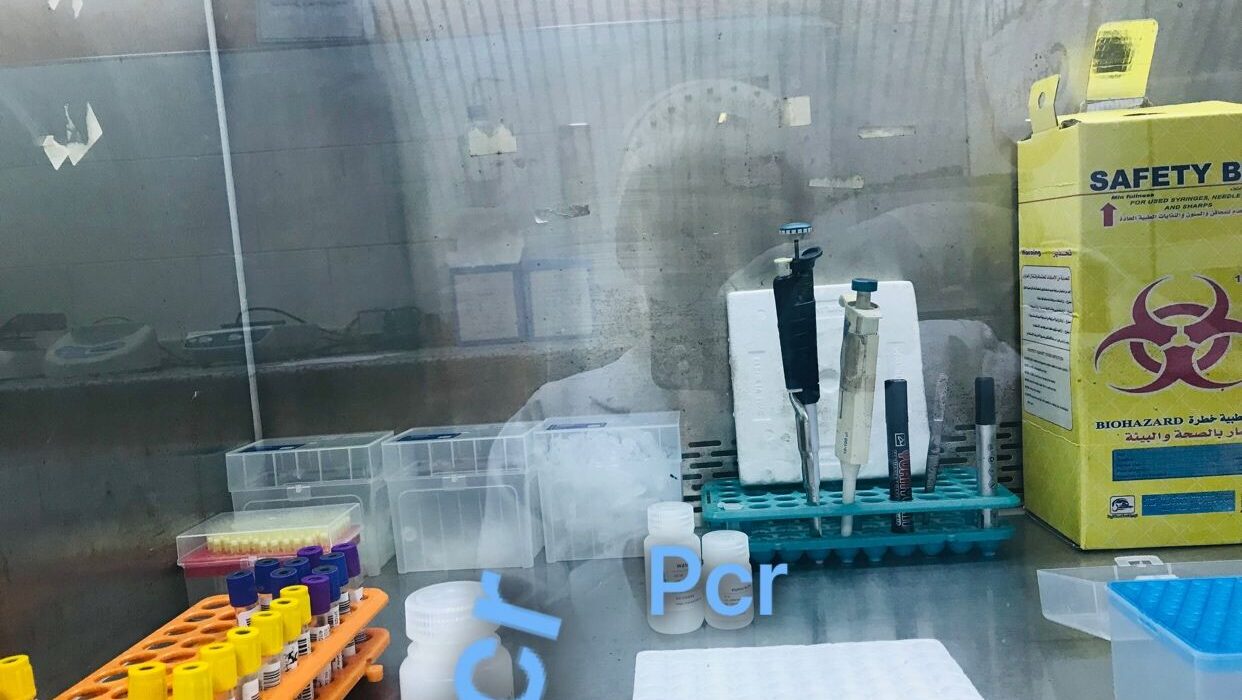
Ghofran Osman Explains Thrombophilia and Blood Clot Risks
Ghofran Osman, Medical Laboratory Technologist at Al Shams Laboratories, posted on LinkedIn:
”Thrombophilia
“Thrombophilia is a condition that often goes unnoticed but can have severe health consequences. Understanding the risks, causes, and management options can help us take proactive steps to prevent life-threatening clots. Stay informed, stay healthy.”
Thrombophilia: Understanding the Risk of Abnormal Blood Clotting
Thrombophilia is a condition where the blood has an increased tendency to form abnormal blood clots. While blood clotting is a natural response to injury, in individuals with thrombophilia, clot formation can occur even without an injury, potentially leading to severe health complications such as deep vein thrombosis (DVT), pulmonary embolism, or even stroke.
What causes Thrombophilia?
Thrombophilia can be inherited or acquired. Inherited thrombophilia is often due to genetic mutations such as Factor V Leiden, Prothrombin gene mutation, or deficiencies in natural anticoagulants like Protein C, Protein S, and Antithrombin III. Acquired thrombophilia, on the other hand, can develop due to factors such as pregnancy, hormone therapy, or certain medical conditions like cancer or autoimmune diseases.
Who is at risk?
People with a family history of thrombosis, those who are pregnant, individuals undergoing hormone replacement therapy (HRT), or those with cancer are at a higher risk of developing thrombophilia. Lifestyle factors, such as prolonged immobility (e.g., long flights or bed rest), can also increase the risk.
Prevention and Management
Managing thrombophilia involves lifestyle modifications, monitoring blood clotting, and in some cases, taking anticoagulant medications (blood thinners). Early detection is key to preventing serious complications. If you have a family history or risk factors for thrombophilia, regular check-ups and discussing your health with a healthcare provider is essential.
Why should you care?
Awareness of thrombophilia is crucial, especially for those with known risk factors. A simple blood test can help diagnose the condition and enable timely interventions to prevent life-threatening clots. By understanding thrombophilia, we can take proactive steps towards better health management and reduce the risks associated with abnormal clotting.”


Stay informed with Hemostasis Today.
-
Feb 23, 2026, 16:36Stéphanie Roullet։ New Method to Explore Primary Haemostasis in Cirrhotic Patients
-
Feb 23, 2026, 16:33Salvatore Massimo Petrina: Top 5 Game-Changers in the AHA and ACC PE Guidelines
-
Feb 23, 2026, 16:21Azin Alizadehasl: Introducing the Second Edition of a New Book on Echocardiography and Cardiac MRI
-
Feb 23, 2026, 16:16Kalyan Roy: When and Why Blood Irradiation Matters in Transfusion Medicine
-
Feb 23, 2026, 15:59Ney Carter Borges: Antithrombotic Therapy in 2025 – A Precision-Based Pharmacologic Update
-
Feb 23, 2026, 15:54Alan Nurden: From Early Discoveries to New Therapeutic Advances in von Willebrand Disease
-
Feb 23, 2026, 15:52Gevorg Tamamyan: Albania’s Vision for the Future of Pediatric Oncology
-
Feb 23, 2026, 15:36Simon Senanu: The Peripheral Blood Smear as an Essential Diagnostic Tool in Modern Medicine
-
Feb 23, 2026, 15:32Cheng-Hock Toh: The Paradox of Hematology

